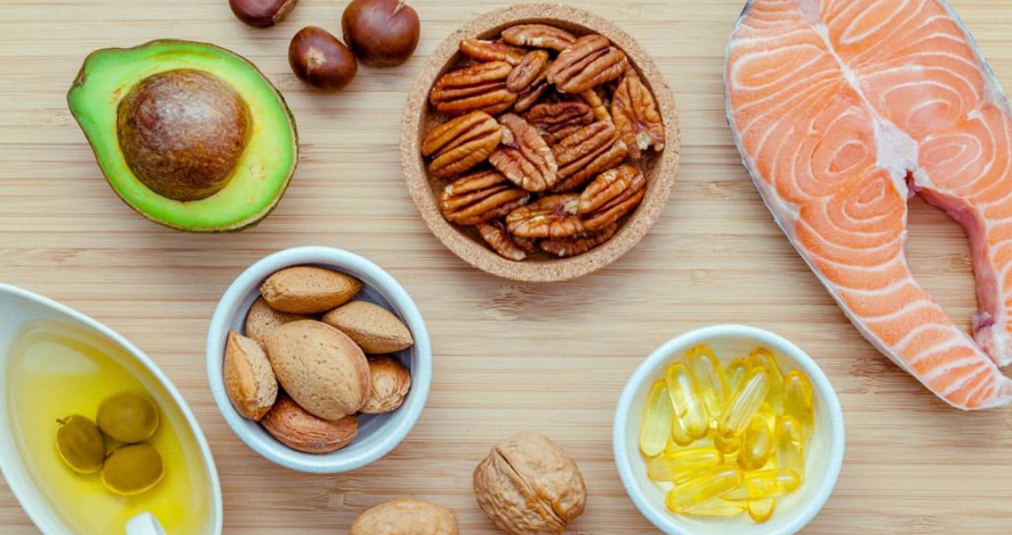When following a well-balanced diet, you should consider your nutrients over your calories.
First, we need to define what nutrients are.
Nutrients are substances found in food and are essential for the human body to function and grow. [1] Classified into seven major groups, carbohydrates, protein, fat, vitamins, minerals, dietary fiber, and water.
In this article, we will summarize nutrient functions and food sources.
Carbohydrates
Carbohydrates are the building blocks of sugar. Its primary function is to provide your body and brain with energy.
The most common sources of carbohydrates found in grains such as bread, pasta, rice, fruits, starchy vegetables, beans, and dairy products. [2]
Protein
Proteins are building blocks called amino acids. Its primary functions include building and repairing body tissues, regulating enzymes, and hormone production. [3]
The most common protein sources are meat, poultry, fish, eggs, and dairy products.
Fat
Fat is a source of energy. It stops heat loss and saves vital organs from shock in freezing temperatures. It is in charge of assembling some of the cells in our bodies and moving fat-soluble vitamins, including vitamins A, D, E, and K [4]
Some good sources of fats are Vegetable oil, nuts, seeds, and fish.
Vitamins
Vitamins aid in the production of collagen to maintain healthy skin and hair. It also helps wound healing, fights infections, and regulates and builds body cells. It’s divided into water-soluble and fat-soluble vitamins.
There are numerous varieties of vitamins from different food groups. Found in meat, poultry, nuts, citrus fruits, and green leafy vegetables.
Minerals
Minerals are a group of essential nutrients, including calcium, iron, and potassium.
It helps your body to boost the immune system, build strong bones and teeth, and support the nervous system.
Dietary fiber
Fiber is an undigested part of the plant, found as soluble fibers and insoluble fiber. Its primary functions are controlling blood sugar, lowering cholesterol levels, and relieving constipation. [5] The most common sources of fiber are fruits, vegetables, and whole grains.
Water
Water is an essential nutrient. Your body needs it to hydrate, flush out toxins, regulate body temperature, and transport nutrients and oxygen. [6]
In conclusion, If your diet is high in calories, it’s not necessarily unhealthy. On the other hand, just because a food is low in calories doesn’t make it a healthy choice.
If your only concern is calories, you might miss the point of healthy eating.
[1] https://www.cancer.gov/publications/dictionaries/cancer-terms/def/nutrient
[2] https://medlineplus.gov/carbohydrates.html
[3] https://study.com/academy/lesson/primary-functions-of-protein-in-the-body.html
[4], [5] https://www.chp.gov.hk/en/static/100022.html [6] https://www.nchpad.org/1242/5911/Water~~The~Essential~Nutrien



